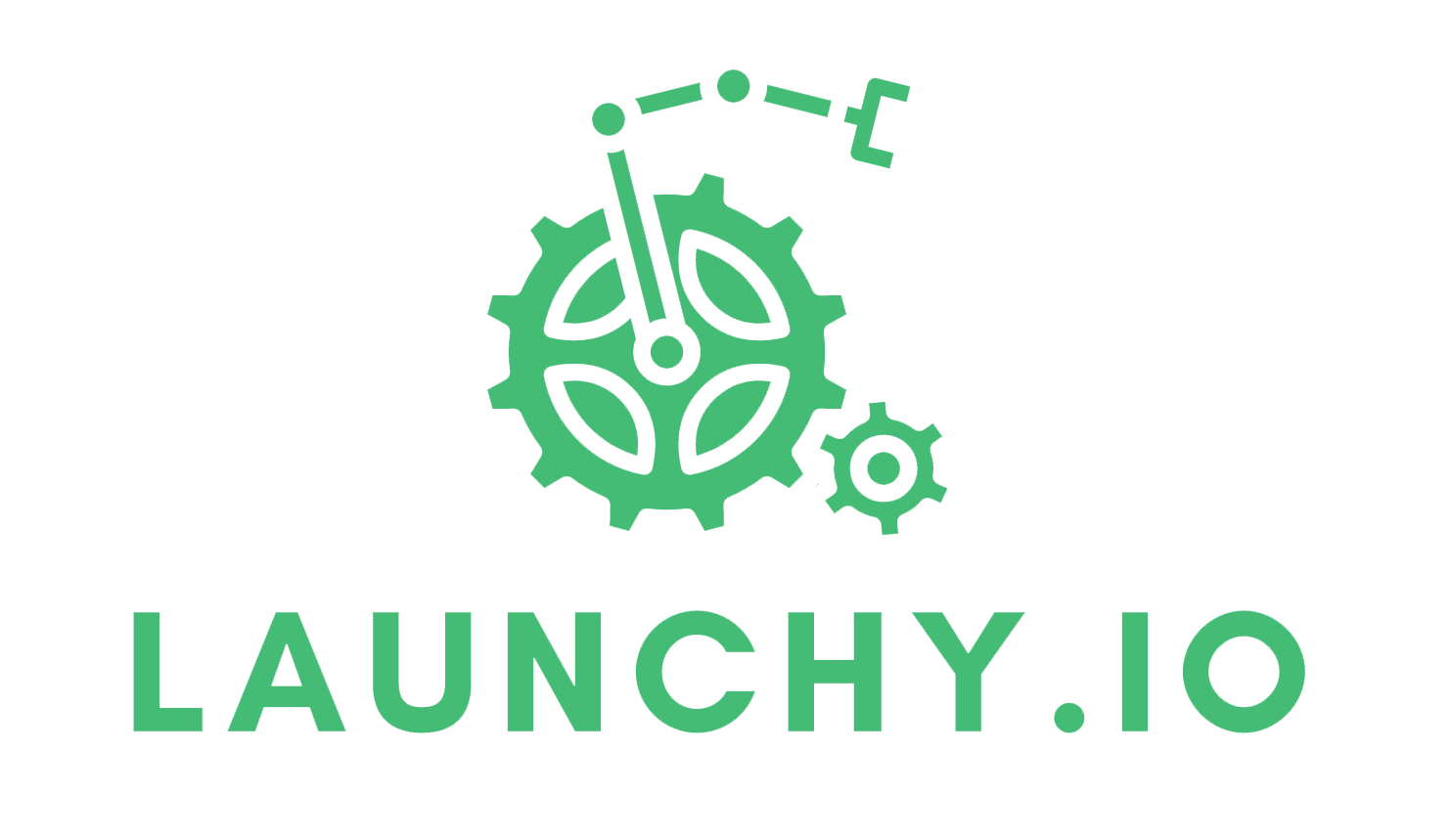According to Allied Health Professions Australia, the country’s over 200,000 allied health professionals represent about one-third of the entire health workforce which delivers an excess of 200 million health services each year.
By being involved in the delivery of health-related services, including the identification, evaluation, and prevention of diseases and disorders, the demand for allied healthcare professionals is growing across mental health, aged care, disability, and other health sectors.
With the broad range of healthcare services offered by the allied healthcare industry—including primary to acute care—it’s important to ensure that they have the right systems and processes to provide high-quality support to their patients.
Today, technology has come a long way and can have dramatic impacts on a range of workflows, making it easier for allied healthcare professionals to organise, track, and analyse patient data and communicate with physicians, departments, and facilities.
With automation solutions, the allied healthcare industry can benefit in several ways. Let’s take a closer look.
Time management
Allied healthcare professionals are often responsible and pressured to complete a multitude of tasks in a short time. Aside from decreased productivity, this can also lead to stress and burnout. One of the primary benefits of automation in any industry is that it can help streamline operations and make it easier for professionals to manage their time more efficiently.
For instance, medical assistants can make use of automated appointment scheduling systems to reduce the time they spend on administrative tasks and dedicate more time to providing patient care. Automated systems are also used to manage patient records and ensure that important information is updated and easily accessible.
Automation also helps allied healthcare professionals manage their time by leveraging their contacts for direct emails such as reminders for medical appointments.
By having tailored email communications for reminders, screenings, and even procedures, not only are your patients more likely to show up for their appointments, but you also waste less time on no-shows, which is often a common occurrence in the healthcare industry.
Communication
When it comes to healthcare, communication is a critical necessity, particularly if you’re trying to share information about your patients. Communication, however, can be challenging in allied healthcare as professionals often work in different locations or with different teams.
Automation can help improve communication by offering a centralised platform for sharing information.
For instance, occupational therapists can use an automated system to share patient reports and other information with their team, reducing the risk of miscommunication or errors.
Automated communication processes can also be used to convey important information to patients about their healthcare such as medication instructions or appointment reminders.
Data management
Allied healthcare professionals are responsible for managing a large amount of confidential patient data, including test results, patient records, and treatment plans. Keeping track of this information can be challenging, especially when you’re working with multiple patients.
Automation tools can help by providing a centralised platform for patient data management. For instance, phlebotomists can use automated systems to track test results and ensure that patients receive their results on time.
In addition, automated data management is also a great way to reduce the risk of inconsistencies and errors in patient records.
In Australia, medical errors result in as many as 18,000 deaths each year and by having accurate patient records, allied healthcare professionals can reduce this figure and offer the right healthcare services at the right time.
Training and education
Allied healthcare professionals must stay updated with the latest technologies and practices in their industry, but training and education in the field can be quite expensive and time-consuming.
Automation can help by providing online training modules and resources that professionals can access at their convenience.
For instance, a medical assistant can sign up for online courses on phlebotomy techniques or a respiratory therapist can watch an instructional video on using a new medical device.
Automated training tools can also be used to ensure that professionals are following the best and most current medical practices and protocols.
Patient engagement
Engaging patients in their healthcare is crucial for improving outcomes and satisfaction, but it can also be challenging, especially when working with patients who have limited health literacy or language barriers.
Automation can help improve patient engagement by providing resources and tools that are easy to understand, navigate, and access. For instance, a medical assistant can offer patients automated reminders about their follow-up appointments or even their medication.
Automated patient engagement tools can also be used to provide patients with periodical education materials about their condition or treatment plans. By going the extra mile to provide these additional services and resources, patients are more aware of their medical condition and what steps they need to take to become healthier.
When patients take an interest in their health, allied healthcare professionals have more time to work with patients with more serious conditions and better treat patients.
Automation and allied healthcare—offering better healthcare for patients
Allied healthcare professionals face numerous challenges daily and automation can help overcome them by streamlining tasks, managing data, improving communication, offering development opportunities, and engaging patients.
As the healthcare industry continues to evolve and embrace technologies and automation solutions, allied healthcare professionals must continue to adapt and innovate. Working with automation experts can help achieve this goal and give your allied healthcare services a much more effective and efficient way to provide better patient care.

